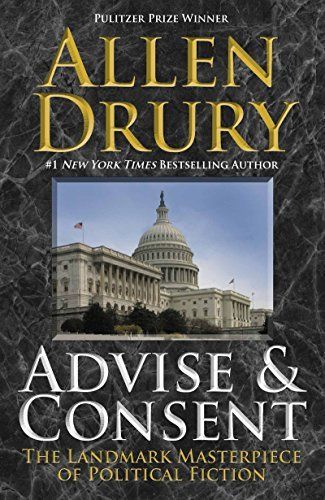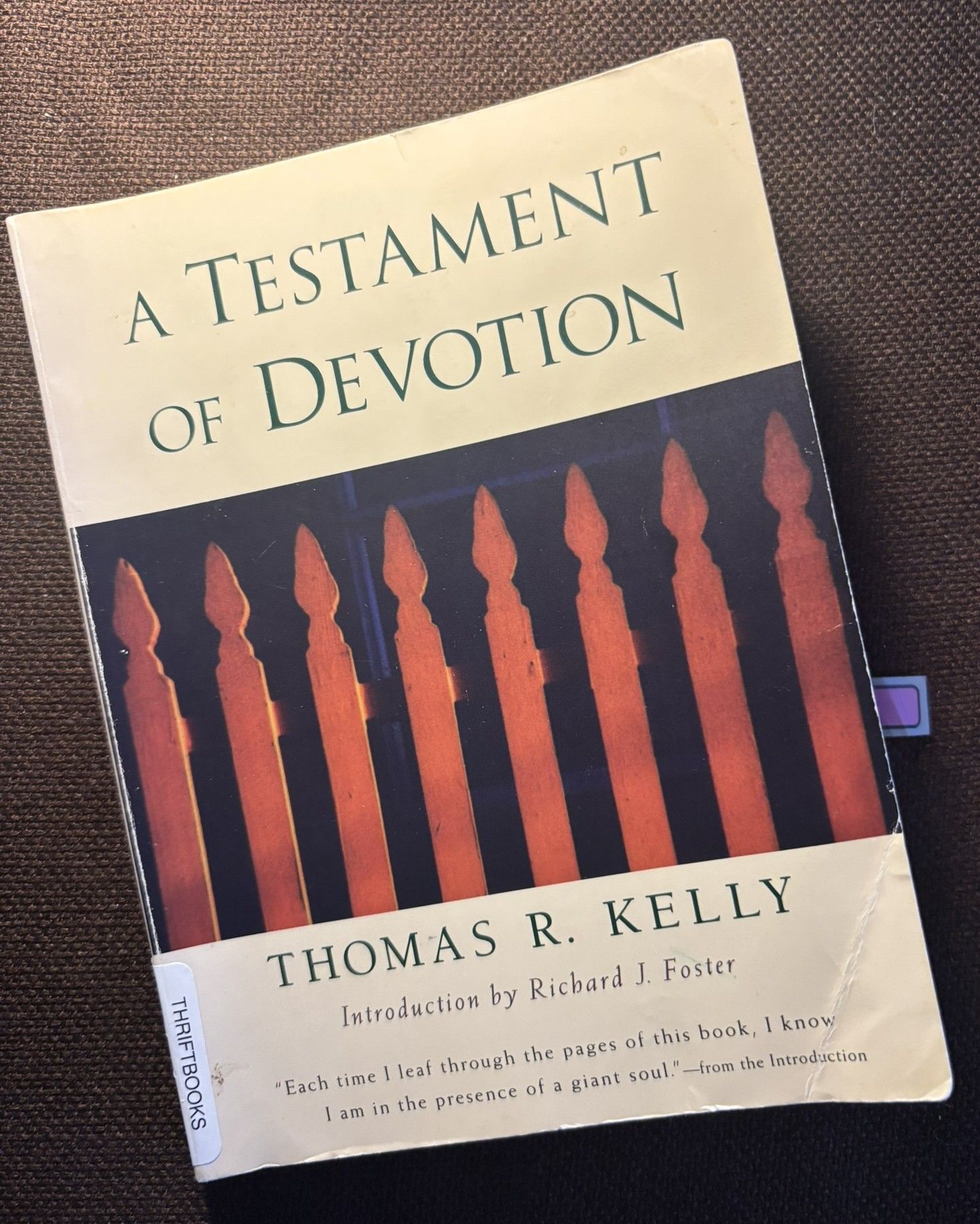Advise and Consent
If we are destined to repeat history that we don’t know, understand, or even care about, well, here we are.

Allen Drury’s Pulitzer Prize winning book, Advise & Consent, was first published in 1959 and went to the New York Times bestseller list for 102 weeks, at the time the most of any book in history. It was later turned into a stage play and movie, which starred, among others, Henry Fonda, Walter Pidgeon, Don Murray, Burgess Meredith, Peter Lawford, and Charles Laughton. The title of the book is derived from the U.S. Constitution, which says the “the President of the United States shall nominate, and by and with the Advice and Consent of the Senate, shall appoint Ambassadors, other public Ministers and Consuls, Judges of the Supreme Court, and all other Officers of the United States . . . ." The story of the book follows the nomination of Robert Leffingwell for U.S. Secretary of State as it proceeds through the U.S. Senate confirmation process.
Leffingwell is a contentious choice and, it turns out as his nomination moves forward, he becomes increasingly suspected of having ties to the Communist Party. This plot line was no small matter in McCarthy-era America and, along with the fascinating and troubling story taking place behind the scenes, gave the book an air of significance. It was a reality check then, when I and so many others first read it decades ago.
I first encountered Advise and Consent as an idealistic, interested-in-making-a-positive-difference-in-the-world young man who was fascinated with the political process. I had been to Boy’s State in high school. The Viet Nam War was the backdrop for all of us, and the conflicts surrounding this conflict raged around the country and even at our small, Kansas college William Kunstler, defense attorney for the Chicago Seven, packed the building (see Banned Books Week). Though I can’t place the exact time I read Advise & Consent, I know it was during those young, impressionable years and I have reflected often about the similarities and differences between how the U.S. Senate operated then, in more collegial, respectful times, often across the aisle, and how I perceive it does now.
I am re-reading it because I am struck by what has turned out to be Drury’s prescience, or perhaps just documentation of an era that we didn’t learn much from as a nation, that also turned out to be prophetic. If we are destined to repeat history we don’t know, understand, or even care about, well, here we are.
Thomas Mallon, reviewing the book in 2009, a half century after its initial publication, said, “…50 years later, most of the subject matter remains recognizable. Drury’s 99 men and lone woman wrestle with the issue of pre-emptive war, the degree of severity with which lying under oath must be viewed, and the way the coverup is invariably worse than the crime. Part of what kept the book on the best-seller list for 102 weeks is its comforting assumption that many politicians come to Washington hoping to do good.”
Sound familiar? Except maybe fewer people these days buy into the prevenient supposition of good intentions by our elected leaders as much as they did then, in simpler, post-WWII times.
It is a story, the book's cover says, ranging from "a vicious demagogue's blistering smear campaign, the ugly personal jealousies that turn a highly qualified candidate into a public spectacle, to the tragic martyrdom of a presidential aspirant who refuses to sacrifice his principles for his career..."
Each of us, I imagine, will identify contemporary people - perhaps not the same people - we perceive fit those characteristics.
The characters in this book have been compared to leading political players of the day, like Joe McCarthy, FDR, Harry Truman, and Alger Hiss, though Drury makes a particular point to assert that the characters are composites and the story is fictional. It is a story of extremism, fear mongering, zealotry, even blackmail (which results in the suicide of a promising young Senator from Utah, Brigham Anderson). Again, a fascinating aspect of the book for me at the time was the behind-the-scenes story describing how the political-governing process works.
Even more surprising to me, in my naivete, were the descriptions of the short-comings, frailties, and sometimes ill-intent of these elected leaders of the land, who I had considered, as a group of people, to be towering role models of integrity when growing up. My history classes had also somehow failed to mention the murky, unseen people who were out of the spotlight but manipulated the levers of power and public opinion just as surely as did the Majority Leader of the Senate or even the President of the United States.
These days, I worry about sinister players behind the scenes, the unaccountable and unlimited money that exchanges hands in the election process, and the intentional tearing down of trust in our mainstream media and professional journalism by those who benefit from sensationalism and who prey on fearful people.
I worry about how these shadowy, shady characters create manufactured protests and then make false flag accusations about them through their "influencers" in the press or social media.
I worry about the sway and tampering of foreign countries who work to destroy our democratic pillars – like our free elections, free press, freedom of speech, and civil discourse. I worry about the intentional corruption of our cherished democracy by those who would benefit from authoritarian government, with the help of those who think they would benefit personally or who want "to be heard", but won't be at all - who will be shut up for protesting government or stuck in jail - if authoritarianism were to become the coin of our realm.
I worry about the dishonorable, disrespectful behavior of elected members of Congress who act like disruptive, name-calling children (if children were ever allowed to be so discourteous in a public setting), even during some of our most important events of the year, such as the State of the Union speech. How can we ever hope to work together when these types of people profane their office at will?
I worry that the virtues of honesty, character, respect, selflessness, and sacrifice are becoming fond memories of a better time. I worry that the value of knowledge and wisdom and understanding are becoming subsumed by the latest unsubstantiated claims and viewer-titillating sensationalism.
I worry.
As did the fictional Majority Leader, Bob Munson, in this 1959 work of fiction about the swirling forces blowing through the processes of leading and governing.
I worry.
As do real people who care deeply about our country, in the middle of this 2022 democratic work-in-progress.
How will this story end?
Will we as a nation remember and cherish the values, the virtues, and the pillars on which democracy depends?
How will this story end?
Sources/Resources
Advise and Consent, the U.S. Senate, https://www.senate.gov/reference/reference_item/advise_and_consent.htm
Drury, A., (2017). Advise & Consent. Wordfire Press. (Originally published in 1959.)
Thomas Mallon, T. June 25, 2009,
‘Advise and Consent’ at 50, New York Times,
https://www.nytimes.com/2009/06/28/books/review/Mallon2-t.html











